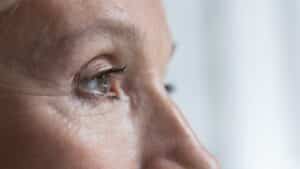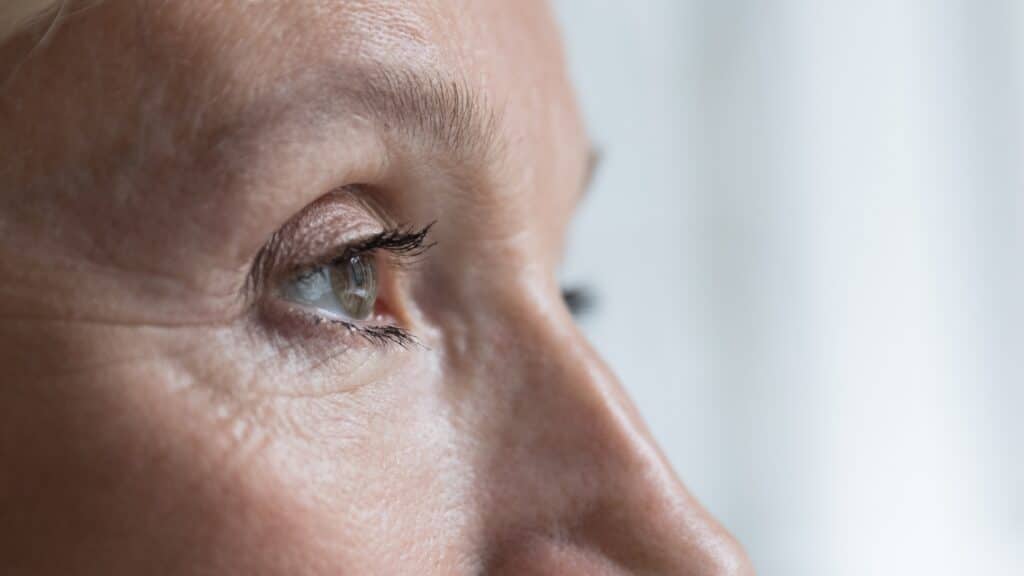
Thankfully, eyelid skin cancer is very treatable, particularly if found early on. That means the more you know about it and the better you are at identifying eyelid skin cancer in yourself and those you love, the more likely you will be to protect yourself from it effectively. Here is some of the vital information to read through and digest.
Types of Eyelid Skin Cancer
There are a couple of different types of eyelid cancers, some of which you have likely heard of, including:
- Basal Cell Carcinoma: This is the most common form of eyelid cancer.
- Squamous Cell Carcinoma: This form is less common and usually spreads beyond the eyelid.
- Sebaceous Cell Carcinoma: Far rare, sebaceous cell carcinoma grows from the glands near the eye and generally affects the upper lid.
- Melanoma: Melanoma is a well-known skin cancer that can, in some cases, affect the eyes.
Signs of Eyelid Skin Cancer
It’s crucial to know the symptoms of eyelid skin cancer so you can identify it quickly and start treatment as soon as possible. Visit a doctor right away if you notice any of the following:
- A change in the eyelid skin
- Prolonged swelling or thickening of the eyelid
- Painless bumps that crust or bleed and won’t heal
- A discolored area
Whether this is due to eyelid skin cancer or not, any of these could be a sign of a significant medical problem, and you should see a physician as soon as possible.
What Are the Treatment Options?
If you have been diagnosed with eyelid skin cancer, you have a couple of options available to you.
During your consultation, Dr. Tresley will take a look at the cancerous area and consider what type of cancer it is, where it’s located, your health history, and other factors to decide on one of two things:
- To use frozen section control
- Or MOHS micrographic excision
In both cases, the area of the skin will be removed completely to ensure all cancerous cells are removed. This will pave the way for Dr. Tresley to conduct skin cancer eyelid reconstruction so you can feel like yourself again after the procedure is complete.
Schedule a Consultation
If you have been diagnosed with or believe you may have eyelid skin cancer, schedule a consultation with board-certified ophthalmologist Dr. Daniel S. Tresley right away. You can reach the office at (847) 291-6900, located in Northbrook, IL.

